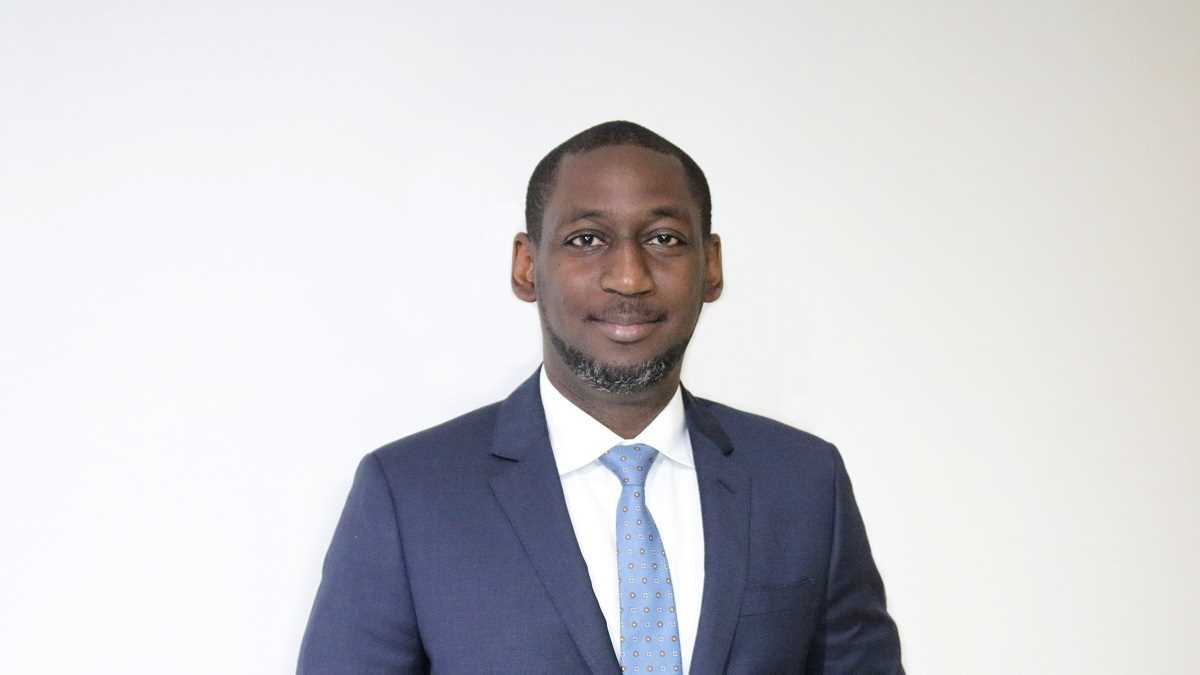Representing the National Institute of Oil and Gas, Aguibou Ba will be leading discussions on local content and capacity building, positioning the local workforce at the center of the MSGBC’s gas rush
DAKAR, Senegal, July 7, 2022/APO Group/ —
Energy Capital & Power (ECP) (https://EnergyCapitalPower.com/) is proud to announce that Aguibou Ba, Director General of the Institut National du Pétrole et du Gaz (INPG), will attend the MSGBC Oil, Gas & Power conference (https://bit.ly/3RtuAkL) from September 1-2, 2022, to drive the conversation around local content and capacity building as he continues to make a strong case for the role of the local workforce in Africa’s gas future. With the MSGBC basin witnessing an influx in investor interest as large-scale energy developments take off, Ba, as an advocate for developing national expertise across the energy sector, will help redefine the future of the MSGBC region’s energy, a future driven by an equipped and highly competitive local workforce.
The INPG was established in 2017 by the Senegalese State under a mandate to develop national expertise and promote the employment of Senegalese men and women in the oil and gas sector. Following the discovery of sizeable oil and gas reserves in 2014 and 2016, the government moved to establish an organization to train, develop and up-skill the local workforce, thereby positioning Senegalese men and women at the forefront of industry growth.
During the region’s official energy conference, Aguibou Ba will help drive the discussion on capacity building and skill transfer
The INPG’s mission covers two general fields: capacity building and information provision. First and foremost, the INPG provides a world class institution specializing in the training of engineers, technicians and operators in the oil and gas professions as well as the capacity building of administrations, industry and researchers on academical knowledge and industrial technique related to oil and gas. The discoveries at Sangomar and Greater Tortue Ahmeyim (GTA), and subsequent project developments including the 15 trillion cubic feet transnational GTA project and the 100,000 barrel per day Sangomar development project, have created significant opportunities for the local workforce, and the INPG is tasked with ensuring Senegalese workers are set up with the necessary skills and expertise to lead these projects.
However, the INPG goes one step further, serving as the primary institution for stakeholders to attain oil and gas related information while serving as a facilitator to local content alignment. Specifically, the institution offers support for academical and technological research in the fields of oil and gas while promoting international cooperation and partnership in the sector. As Senegal’s energy sector began to expand and more international players made their way to the country, with a mandate to promote local workforce participation, the government updated local content legislation, including specific amendments that classified operation types and local content deliverables under Decree 2021-2049. Notably, reforms emphasize that goods and services that could be adequately fulfilled by local companies should be and in such an instance where the local workforce lacks the technical and financial capacity, partnerships should be formed between the local workforce and their international counterparts. In this regard, the INPG serves to promote such partnerships, providing information and technical training and certifications to local companies to strengthen cooperation.
While more can be done to strengthen the local workforce, the INPG has and continues to make significant strides towards developing both a capable and competitive Senegalese market. With over 16 years’ experience in engineering, training and management in the oil and gas industry, Ba is tasked with developing the premier training platform for the oil and gas industry, and for his part, has been instrumental in improving human capital development on a localized basis, serving as Director General of the INPG and strengthening local content and capacity building across Senegal. By coming to MSGBC Oil, Gas & Power 2022 – the official meeting place for regional and international energy leaders and players – Ba will expand on local content discussions, promoting the role institutions such as the INPG play in strengthening Africa’s domestic markets.
“Senegal aims to achieve a 50% local content ratio by 2030 and institutions such as the INPG will be instrumental for making this objective a reality. By training the local workforce in line with international industry standards while enabling partnerships that prioritize the participation of local companies and players, the INPG has placed local content at the center of industry growth. During the region’s official energy conference, Aguibou Ba will help drive the discussion on capacity building and skill transfer, making a strong case for local content in MSGBC’s energy future,” states Sandra Jeque, International Conference Director for ECP.
Distributed by APO Group on behalf of Energy Capital & Power.
